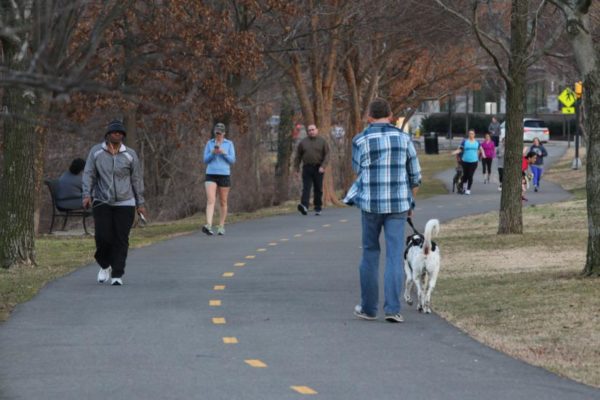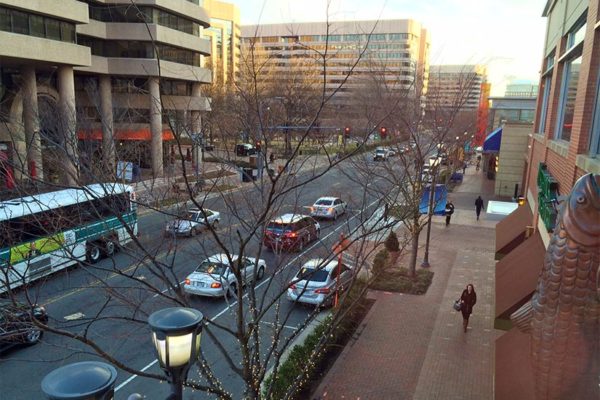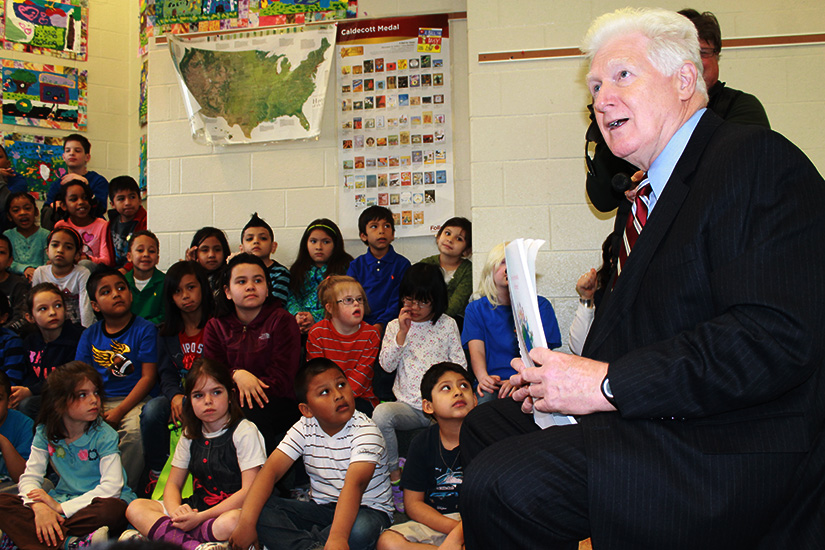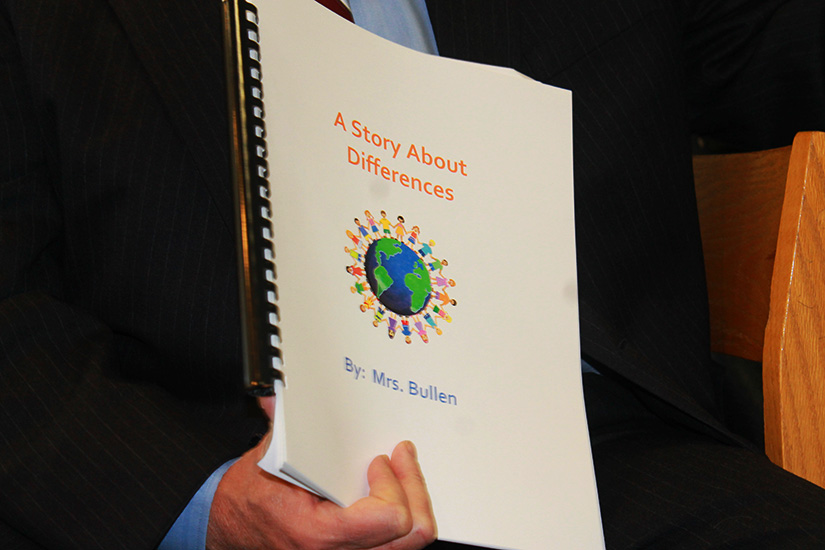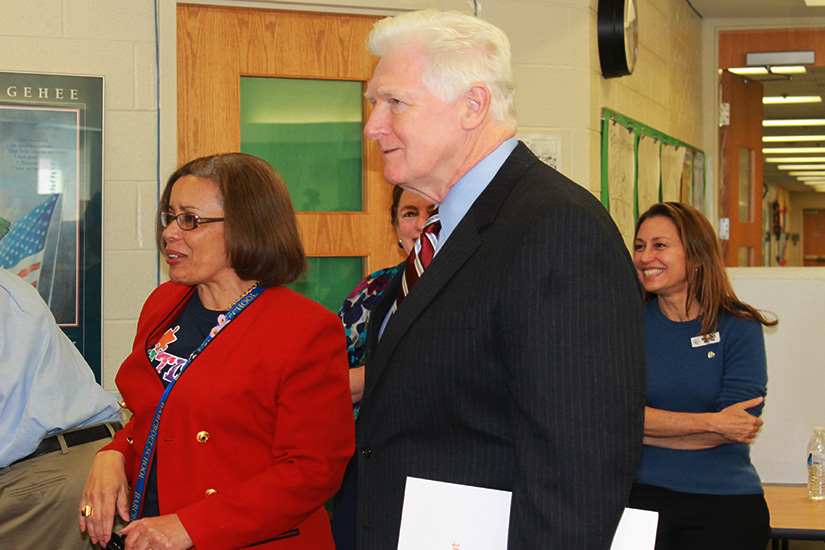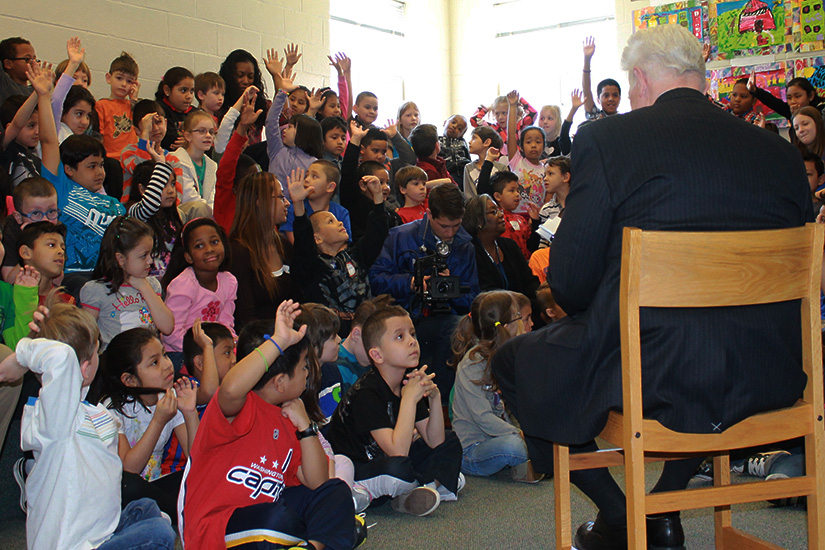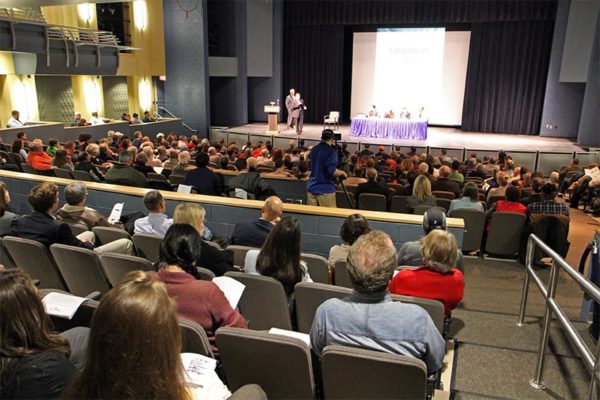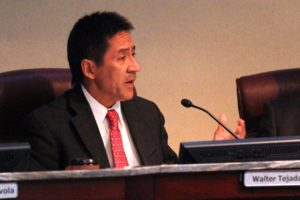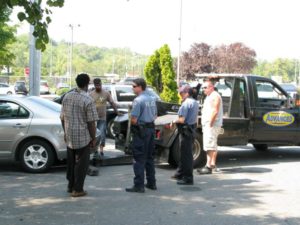 Arlington may stand to benefit from a bill in Congress intended to help localities tackle predatory towing.
Arlington may stand to benefit from a bill in Congress intended to help localities tackle predatory towing.
Congressmen Don Beyer (D-Va.) and Chris Van Hollen (D-Md.) today reintroduced The State and Local Predatory Towing Enforcement Act, a bill they say would solidify state and local governments’ ability to end predatory towing practices.
As federal law currently stands, state and local governments are prohibited from regulating local towing industries. Though a 2002 U.S. Supreme Court decision is considered to have given local governments the ability to regulate those industries, the reintroduced bill would codify it and reduce some legal uncertainties.
An identical bill was introduced by former Rep. Jim Moran (D-Va.), but died in the U.S. House of Representatives in February.
“Unfair and predatory towing practices take money out of our constituents’ wallets and strain their budgets,” said Rep. Beyer in a press release. “I am proud to join Rep. Van Hollen to provide our state and local governments with the authority they need to properly regulate this industry with common sense, consumer friendly towing protections.”
The predatory towing debate in Arlington has been revived as of late thanks to the national coverage of ESPN sportscaster Britt McHenry’s caught-on-camera rant against Ballston-based Advanced Towing. Despite the opportune timing, Beyer’s office says the high-profile incident did not have any impact on the congressman’s decision to introduce the bill.
Arlington County Board Member Jay Fisette has kept his eye on local predatory towing practices since 1999.
“Predatory towing is something I’ve thought about a lot,” Fisette says. “Next to cable, this has been the second-highest number of complaints [by residents].”
Fisette, who supports the bill, sees it as a way to help reinforce local governments’ ability to regulate predatory towing. “It’s always nice to have it in black and white where no one can challenge it,” he says.
For instance, Fisette says he’d like to give a towing veto to local businesses. “Have the property owner sign off on the tow before the tow company is allowed to remove the vehicle,” he says.
The end goal is to give drivers the confidence to park without fear of being towed at a moment’s notice.
“I try to create a community where people are able to park one time and go do five things,” Fisette says. “Walk to one store, walk to another, then go back to their car. I don’t want them moving five spaces down. It creates community, reduces congestion, and cuts down on pollution.”


